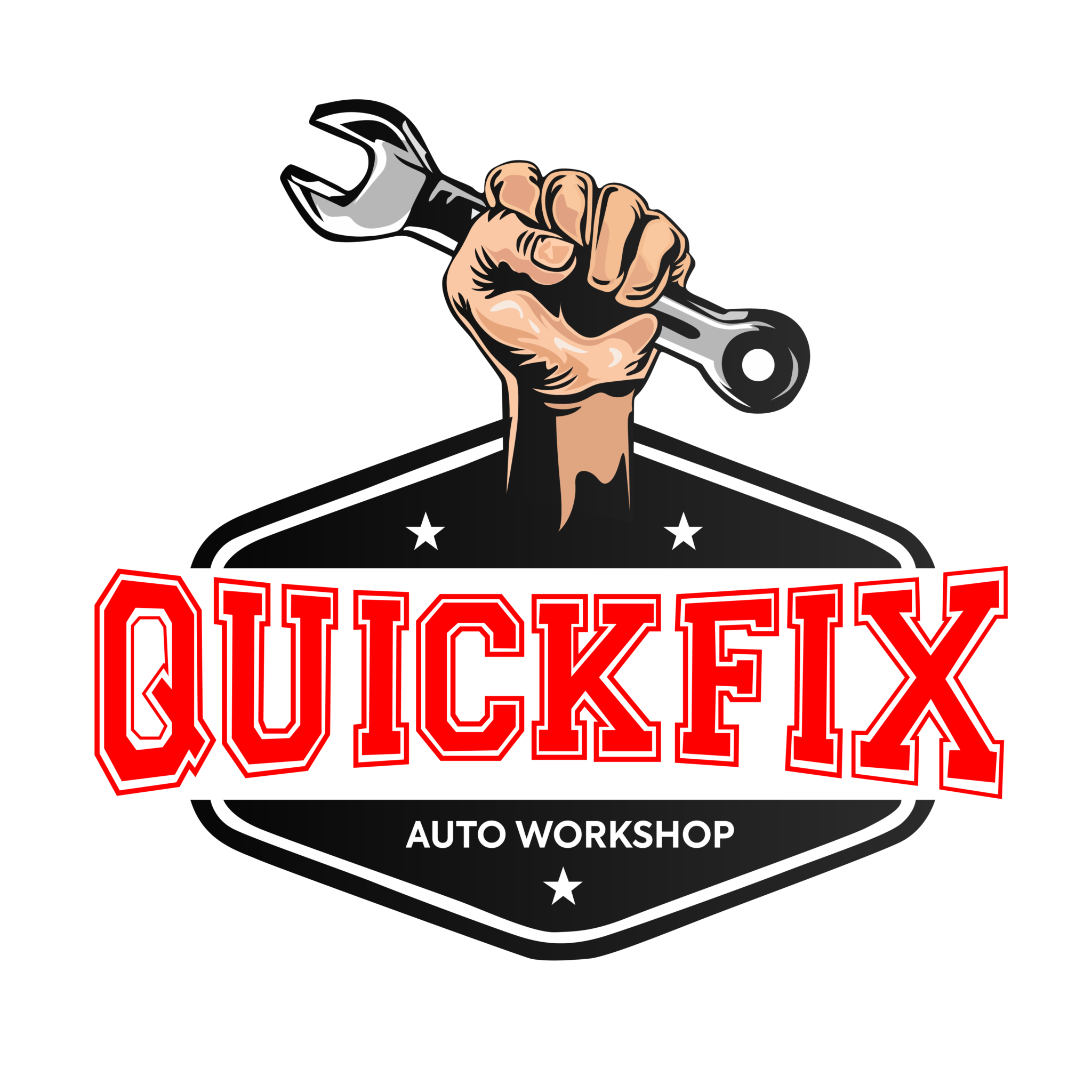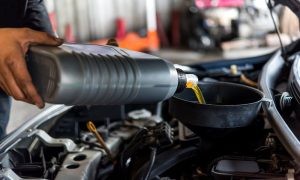Your car is an integral part of your day-to-day life, and just like any other asset that you own, it requires regular maintenance to keep it going strong. Neglecting maintenance can result in costly repairs. Just because you drive the same car a few miles a day, regular support is crucial to ensure the equipment remains safe, efficient, and reliable. Here’s a detailed discussion on how mechanical maintenance is important and how it can help you enjoy a longer lifespan for your car.
The Benefits of Regular Maintenance
1. Preserves Engine Health
The car engine is the heart of your car and it needs to be taken care of. One of the most simple yet effective ways to ensure your engine remains in its prime is to regularly change your oil. Engine oil lubricates moving parts, reduces friction, and helps prevent overheating. Over time, oil gets dirty and loses its effectiveness, and it causes wear and tear to the engine components. Changing the oil and filter every 5,000–7,000 miles (or as per your manufacturer recommendations) protects your engine and helps ensure that it operates smoothly.
2. Improves Fuel Efficiency
Just like your car runs better when it is maintained well. A clean air filter, inflated tires, and healthy spark plugs all influence fuel consumption. Clogged filters or tires that aren’t at their ideal level of inflation make your engine work a little harder, and that means you are burning more fuel. Regular maintenance, in turn, not only saves you money at the pump but also helps your car do less environmental damage.
3. Enhances Safety
The reliability of your vehicle determines your safety on the road. Leaving worn brakes, balding tires, and malfunctioning lights unchecked can set the stage for trouble. For example, brake pads need to be checked every 12,000–15,000 miles to make sure they offer adequate stopping strength. Tire tread depth and pressure should be checked monthly as well. These easy checks can help to avoid mishaps and keep you, your travelers, and other street users secure.
4. Reduces Long-Term Costs
Minor problems can translate to costly repairs later on. A loose belt, an oil leak, or a worn-out battery may seem like small issues, but these can develop into serious failures if ignored. Routine maintenance allows mechanics to identify and repair these problems early, saving you both time and money.
5. Maintains Resale Value
If you intend to sell your car at some point, its resale value will depend on its maintenance history. Buyers are more interested in well-maintained cars with service records. This shows that the car has been properly cared for and is less likely to have hidden issues
Essential Maintenance Tasks
Here are the key maintenance areas to focus on in order to extend your car’s life:
- Oil Changes: Ensure the engine oil doesn’t dry out or get contaminated with debris.
- Tire Maintenance: Check tire pressure monthly and rotate tires every 5,000–7,000 miles to prevent uneven wear.
- Brake System: Inspect brake pads, rotors, and fluid annually for optimal performance.
- Battery Care: Clean battery terminals and check voltage regularly, especially before extreme weather conditions.
- Air Filters: Replace cabin and engine air filters when necessary to maintain proper airflow and air quality.
- Fluid Levels: Regularly check coolant, transmission, power steering, and differential fluids to ensure proper levels.
- Belts and Hoses: During routine inspections, look for signs of wear, cracks, or leaks.
- Suspension and Alignment: Get your car’s suspension and alignment checked annually to ensure smooth handling and even tire wear.
How to Stay on Top of Maintenance
- Adhere to the Owner’s Manual: Your car’s manual is full of helpful information, including the recommended maintenance schedule. Following the manufacturer’s guidelines ensures your car performs at its best.
- Maintain a Maintenance Log: Keep a record of every service and repair, so you know what’s been done and when the next service is due. This log also makes it easier to provide proof of maintenance if you decide to sell your car.
- Partner Up with a Reliable Mechanic: Building a relationship with a trustworthy mechanic ensures consistent, professional care for your vehicle. A good mechanic can also help you prioritize repairs, especially if you’re working within a budget.
- Do Some Simple DIY Checks: While some maintenance tasks need professional attention, there are easy DIY checks you can do yourself. For example, checking tire pressure, topping off windshield washer fluid, or replacing wiper blades are quick and cost-effective tasks you can handle on your own.
The Long-Term Rewards of Regular Maintenance
Investing time and money in maintenance pays off in several ways:
- Fewer Breakdowns: A well-maintained car is less likely to break down, saving you the hassle of needing roadside assistance or a tow truck.
- Extended Lifespan: Regular maintenance ensures your car runs smoothly, reducing stress on key components and prolonging its life.
- Improved Driving Experience: A well-cared-for car is quieter, smoother, and generally more enjoyable to drive.
- Environmental Benefits: Proper maintenance helps lower harmful emissions and reduces fuel waste, making your car more eco-friendly.
Final Thoughts
Your car is a key part of your life, and regular maintenance is the best way to keep it running smoothly. Simple tasks like oil changes and brake inspections can make a huge difference in your car’s performance and longevity. By taking care of your car, you save money in the long run and enjoy the peace of mind that comes with a safe, reliable ride. Start today—schedule that overdue service, review your owner’s manual, and take the first step toward extending your car’s life. A little care goes a long way in ensuring your car stays your trusted companion for all your journeys.



